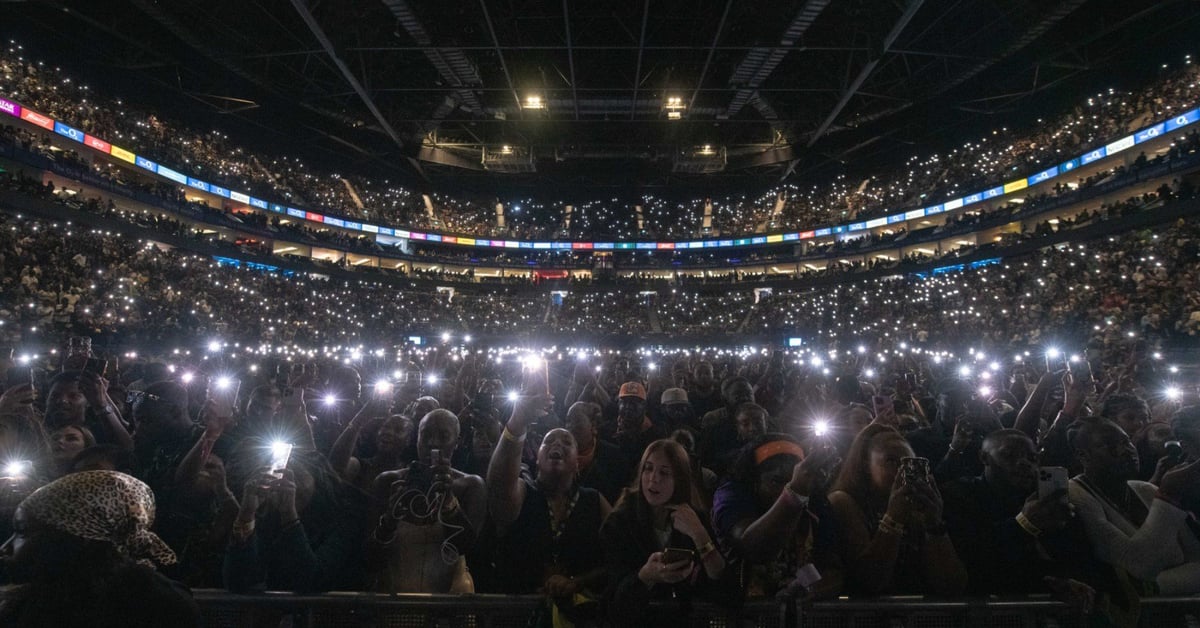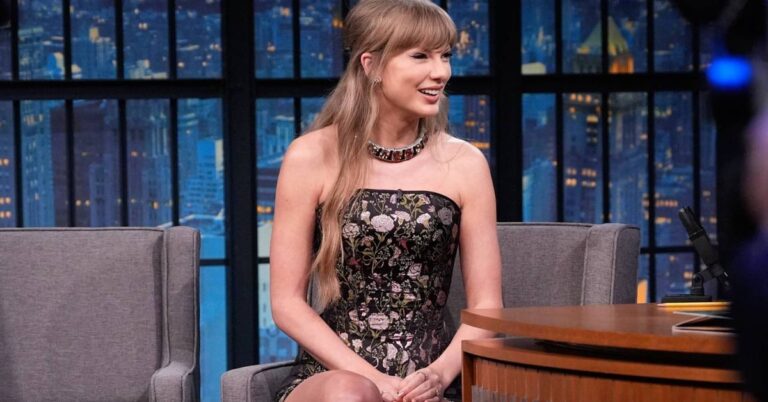Are Concerts Truly ‘Underpriced’ and in High Demand? Insights from Live Nation’s CEO

## The Live-Entertainment Landscape in 2025
The live-entertainment sector in 2025 presents a complex picture. While concert attendance appears to be surging, a notable number of tours are being canceled for financial reasons. The aftermath of the pandemic has led to rising costs across the board, particularly in the realm of live performances, resulting in increased ticket prices.
## Insights from Industry Leaders
At a recent conference hosted by CNBC and Boardroom, Live Nation CEO Michael Rapino shared an optimistic perspective. He argued that the demand for live entertainment is at an all-time high and described tickets as being “underpriced.”
### The Value of Music vs. Sports
Rapino remarked on the disparity in how music is valued compared to sports. He noted that splurging on courtside seats at a basketball game has become a status symbol, yet people react negatively when concert ticket prices rise to similar levels. He highlighted that, despite the growing costs of productions, average concert tickets have remained relatively reasonable at around $72.
## Examining Ticket Prices
Calculating the average price of concert tickets is challenging due to the variety of shows. According to Pollstar’s latest report, the average ticket for the top 100 global tours was approximately $135.92, with North American tickets averaging $136.45. The report also breaks down average prices by venue type, revealing stadium shows costing around $128.64 and club shows at approximately $43.95.
### The Impact of Production Costs
Rapino acknowledged that while he believes ticket prices could still be lower, they are indeed rising due to the elaborate productions many top artists are pursuing. For instance, he noted Beyoncé’s recent tour required “62 transport trucks” – a stark contrast to the much simpler setups of a decade ago.
## Factors Influencing Rising Prices
Several components contribute to the rising cost of concert tickets. These include high production costs, substantial fees, dynamic pricing based on demand, and ongoing challenges with ticket scalpers. The merger of Live Nation and Ticketmaster in 2010 granted these companies significant influence over the ticketing landscape, leaving fans and artists with limited choices.
### Potential for Change
The landscape could soon evolve. The Department of Justice has filed an antitrust lawsuit against Live Nation, suggesting potential monopolistic behaviors. Recently, the Federal Trade Commission also filed a lawsuit highlighting issues such as undisclosed fees, ticket purchase limitations being exploited, and scalping practices.
## Consumer Behavior and Ticket Prices
For now, the current environment hints at what consumers are willing to pay for concert tickets. Rising ticket prices and scalped tickets on secondary markets reflect a significant appetite for live entertainment. However, it also raises concerns about socio-economic disparities, particularly as income inequality persists.
### The State of Live Music
Despite ongoing demand for live events, Pollstar’s latest report indicates troubling trends. It highlighted a notable increase in festival and tour cancellations compared to previous years. Furthermore, the total revenue from top touring artists saw a decline in 2024, alongside a decrease in average tickets sold.
As ticket prices continue to rise amidst these challenges, how do you feel about the future of live entertainment?




